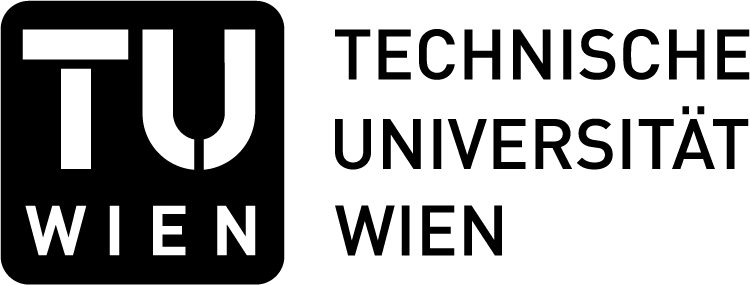Institute of Computer Engineering
Automation Systems Group
Head of Group: Univ.Prof.Dr. Wolfgang Kastner
Treitlstr. 1-3/4. Floor/E191-03
A-1040 Vienna, Austria
Research at the Automation Systems Group includes various topics related to distributed automation systems. In addition, program analysis for real-time programs, design of fault-tolerant systems, formal methods for control systems and industrial communication systems are investigated.
Resume:
The "Internet of Things" (IoT) is commonly anticipated with numerous applications including but not limited to manufacturing, power grids, buildings, rescue and relief operations, environmental monitoring, and traffic management. Yet, complex applications in the IoT realm are inconceivable without increased mutual penetration of IT systems and automation technology. The integrated automation equipment is responsible for measuring, open and closed loop control, monitoring, supervision, diagnosis, and optimization. Following the divide and conquer paradigm, the push for distribution of processing functions is unbowed, while the heterogeneity of technologies used in automation remains a major obstacle. On the other side, demands are made on the field of informatics to design, implement and validate (secure and safe) system architectures that allow for a seamless integration and combination of those different systems. For this reason, research focus of the division is put on the general theme of distributed automation and "automation systems integration", moving away from manual integration to machine-aided solutions. This includes the analysis and enhancement of industrial communication technologies (wired and wireless), guaranteeing specific quality of services for dependable distributed systems with safety and security in mind. Also, the integration of automation systems exploiting information modeling and knowledge representation is addressed, e.g. based on the vision and technologies of the Semantic Web. Another aspect is the incorporation of research on safe programming languages, which by construction lead to increased safety and reliability of the created artifacts for safety-critical applications. To ensure extensibility and interoperability, additional effort is put in standardization and thus in the research of and collaboration on existing and emerging standards. Results of these research directions aim to enable not only human-to-machine but in particular genuine machine-to-machine communications, with consideration of extensibility, reliability and safety. Incarnations of the research results will thus add to applications of the "Industrial Internet of Things" (IIoT) including but not limited to the domains of cyber-physical production systems (Industry 4.0), smart grids, and intelligent buildings.
